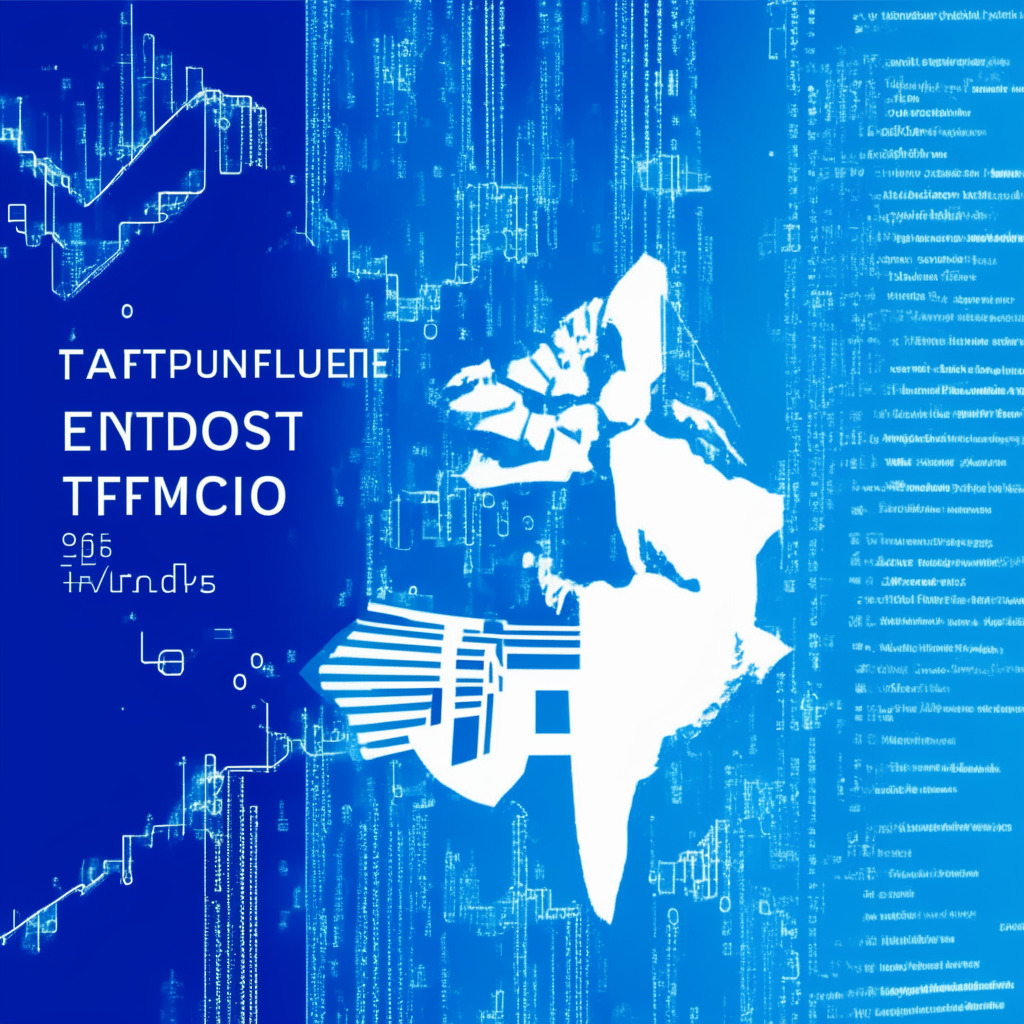Georgia, a cryptocurrency-friendly country among Post-Soviet states, is gearing up to monitor crypto firms in an effort to prevent money laundering and comply with sanctions. The National Bank of Georgia (NBG) plans to commence mandatory supervision of virtual asset service providers (VASP) starting Sept. 1, 2023. According to NBG’s acting governor Archil Mestvirishvili, these regulatory measures will help the nation combat money laundering.
The upcoming AML probe for VASP is expected to enhance the country’s alignment with Western sanctions against Russia and Belarus. Mestvirishvili claimed that the NBG is one of the primary authorities overseeing compliance with such sanctions, adding that last year the supervision was particularly active when global jurisdictions like the United States and the European Union imposed sanctions against Russia.
In addition to the VASP supervision, the NBG is also planning to implement major restrictions for foreign bank account holders. Starting Sept. 1, Russian citizens will not be allowed to withdraw over 20% from their savings accounts immediately. The central bank stated that these measures aim to support Georgia’s economic stability amid increasing foreign currency deposits by Russians. As a result, the regulator advised keeping the capital inflow as liquid funds.
The crypto-related measures come as the Georgian government is preparing to approve cryptocurrency regulations during the autumn session. A local draft bill on crypto regulation reportedly seeks to harmonize domestic laws with major European Union directives and grant legal status to entities in digital asset trading. The upcoming regulations are also designed to curb the use of cryptocurrency for money laundering and terrorist financing, ultimately helping Georgia establish itself as a significant global crypto hub.
However, the introduction of these regulatory measures has raised concerns among some crypto enthusiasts who argue that excessive regulation may stifle innovation within the industry. On the other hand, proponents of the regulations believe that implementing these measures will provide much-needed clarity and protection for investors and traders alike.
In conclusion, the impending regulations in Georgia serve as an indication that countries are actively working towards integrating cryptocurrencies within their existing financial systems. While the debate on the pros and cons of these regulatory measures continues, it is evident that crypto has become an inseparable part of the global economy.
Source: Cointelegraph




